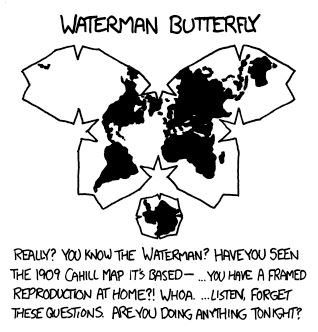

Authoritarian capitalism is not the most effective form of capitalism. It is the most effective for those that are already on top, but for the market as a whole (and especially for the society around that market), it’s going to be worse in the long run.
Companies that are protected from competition by an authoritarian government will be able to extract higher profits in the short term, but their products and services will become worse in the long term, which not only harms their customers, but also the company’s chances of selling their products on actually competitive markets. The American car makers are a good example of this imo.
Companies that are protected from having to pay fair wages and/or providing good working conditions, will be faced with labor shortages if the workers have alternatives, or with a depressed consumer market because the people have less money/time to spend on consuming things.











I consider as most effective, the system that is most effective for the whole market in the long term, not the system that only works best for a few in that market. And yes, I realize that authoritarian market intervention is great for maximizing short term profits for those few companies/persons, but if the rest of the market suffers in the long term because of it (and they are), then we’re dealing with rent seeking and that’s pretty commonly accepted to be bad in the long term. Bad for society, but also bad for wealth creation. And if it’s bad for wealth creation, then it’s definitely not effective capitalism. This is why I consider authoritarian capitalism to not be the most effective form of capitalism.
And yeah, I’m aware that the USA is on this trajectory. Other western democracies are too, but of those that are, I think it’s still mostly to a lesser extent than the USA.
About China: China’s competiveness has significantly regressed in the last few years. Xi Jinping’s authoritarian and imperialistic policies have not been good for business. Under Xi Jinping guanxi is also much more important again than it was under Hun Jintao: companies have no real rights, they too are dependant on maintaining relations and obeying the government. If they fail to maintain relations or if they bet on the wrong political horse, then the company leadership will be gone pretty fast.